Part 94: Victoria: Chapter 28 - The Roaring Twenties: 1920 - 1930
1920 - 1930: The Roaring Twenties
The Christian Social Democrats take the reins of Germany just as the country enters its greatest economic upswing in history and the decade that became known as the 'roaring twenties' begin.

Spurred on by the rapid growth of industries in Germany, China, the CCA, Germany and Russia, the 1920s sees the middle class dominating the financial scene, buying stocks, starting businesses and entering the political world in greater numbers than ever before.

Technology and science advances at a breakneck pace, with new discoveries and products finding their way into the world almost daily.
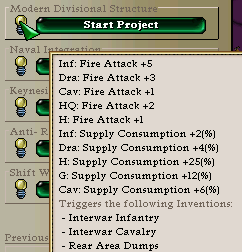
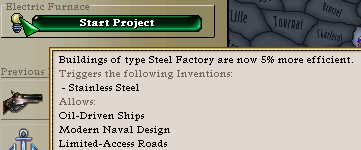



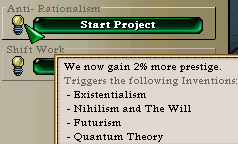
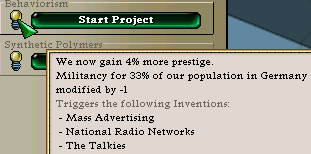
An extensive treaty of free trade and technological cooperation is signed between Scandinavia, Lithuania and Germany in April of 1920, and in May, Scandinavia formally joins the German power bloc.


Cooperation is also stepped up with Lombardy, which is given extensive German technological and financial aid to strengthen its armies and economy.
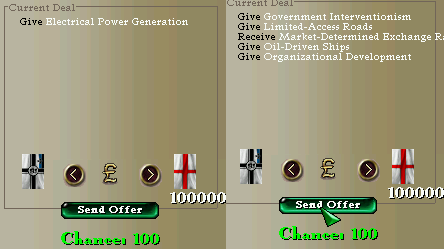
Iberia launches an invasion of the Moroccan rump state in August to secure its hold over Gibraltar, annexing the last remnants of the once-mighty Moroccan Empire.
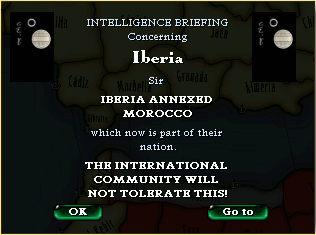
War breaks out between Mazula and the CCA in January of 1921. The Mazulan armies, confident of victory, advance into the CCA only to find themselves face-to-face with top-of-the-line German and Scandinavian tanks and artillery, imported by the new fascist regime. The Mazulan line is broken by armored advances at several points and falls back across the border, as CCA soldiers advance into Mazula.

Seizing the opportunity while Mazula is in turmoil, the island of Mansur in the Caribbean declares independence from the Mazulan empire, proclamining the free Mansuri Republic.

By September of 1921, the CCA army has completely overrun the Mazulan defenses and encircled and destroyed large parts of the Mazulan army. Vinland has begun its own paralell offensive across the border and all across the continent, the Mazulans are in retreat.

The Mazulans finally manage to establish a front outside their capital, holding off the by now overextended and undermanned CCA offensive, which grinds to a halt. Peace is signed in February of 1922, with the CCA and Vinland taking large tracts of land previously lost to Mazula in the wars.

In 1922, a major conference of the German General Staff is held to formally axe out German military doctrine, and whether it should focus on CCA-style mobility or the traditional massed firepower. After a heated debate, Kaiser Friedrich breaks in favor of the old guard.
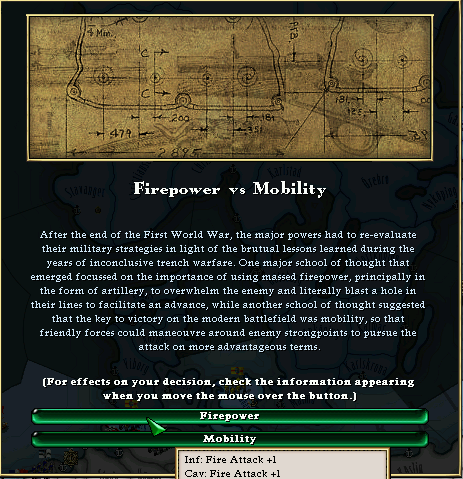
A doctrine emphasising pre-planned battle scenarios, infiltration tactics and massed infantry breakthroughs with artillery and armored support is established.
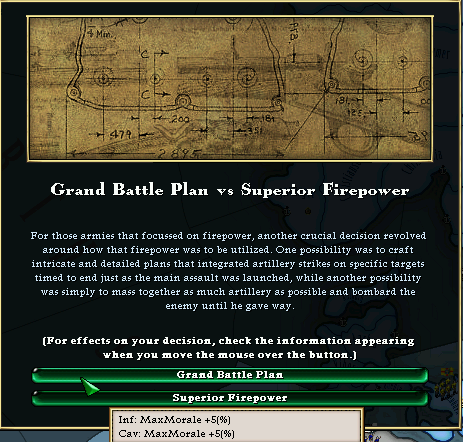
With the economy growing greatly each year, Germany's state finances are experiencing unparalelled prosperity. The biggest problem seems to be where to spend all the money, and towards that end moderate Christian Social Democrats approve several proposals from the Socialist and Liberal minorities for an expansion of the social reforms and a massive buildup of the navy.
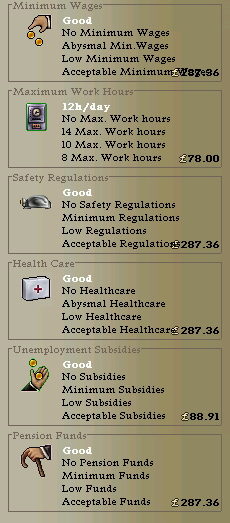
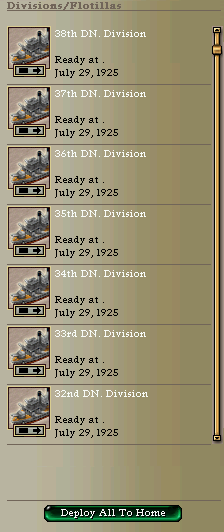
Great strides are being made in military and naval technology, with the invention of mobile anti-tank and anti-air artillery, light tanks, advanced cruisers, battleships and a radical new type of ship meant to act as a floating airfield, dubbed a 'carrier'.
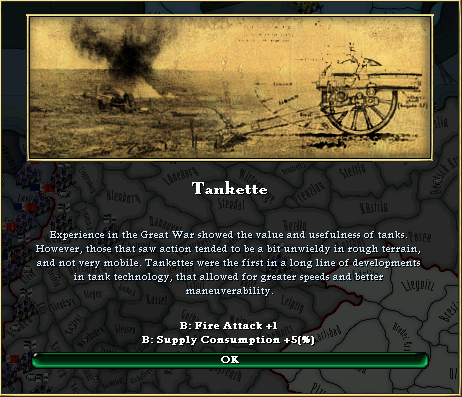
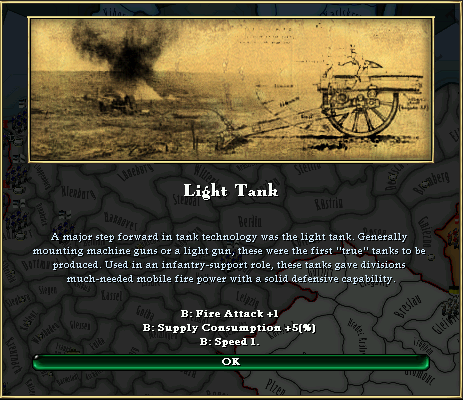
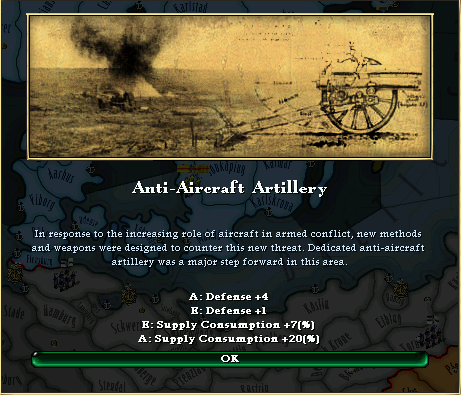
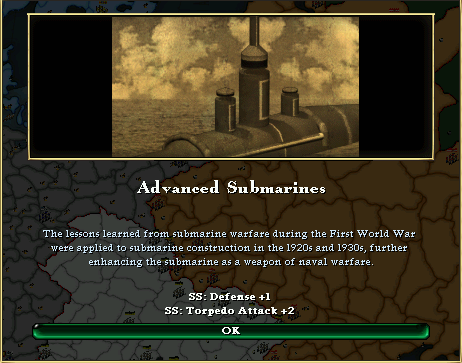
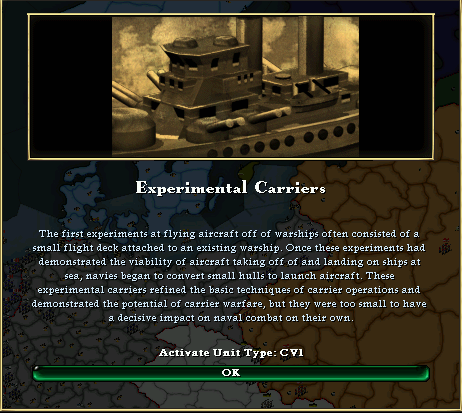
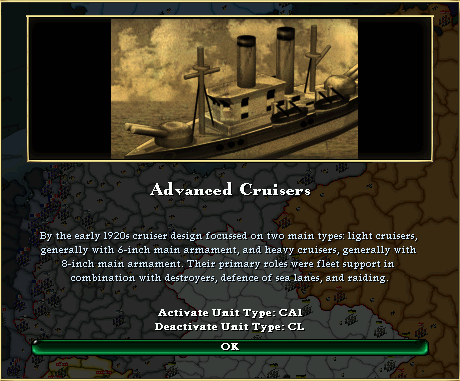
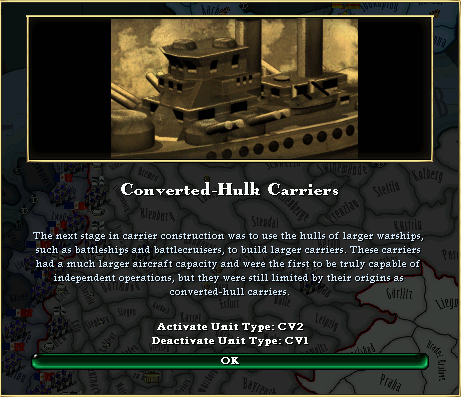
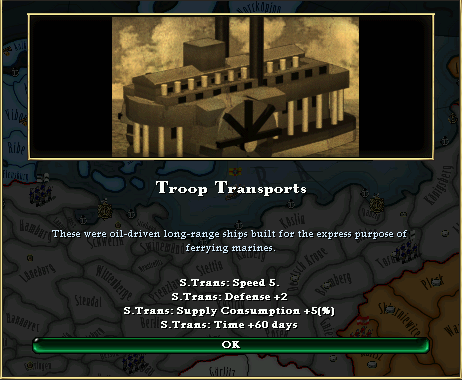
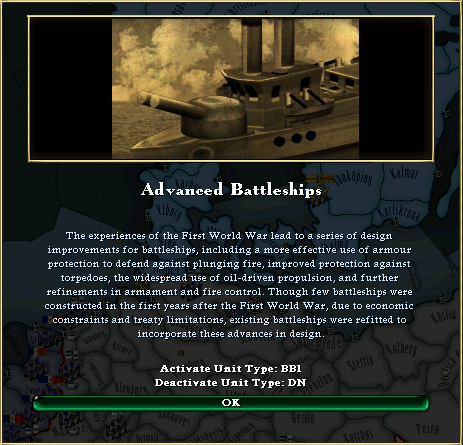
Imperial India invades Turkestan in 1924, taking a large number of border provinces in the peace.
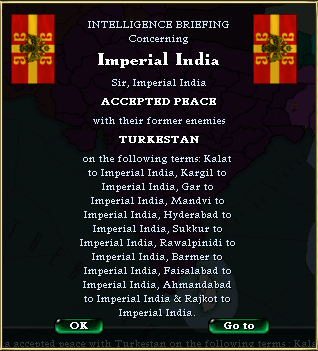
Later the same year, Yuan China finally completes its modernization program and enters the modern world, opening its borders to foreign business. A rush of investors folllows, and soon factories are popping up across both the chinese nations.
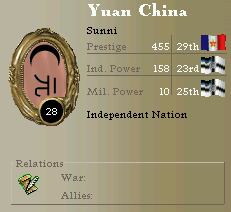
A brief border war is fought between Yuan and Ming, testing each other's new strengths. The war ends with a minor Ming victory.
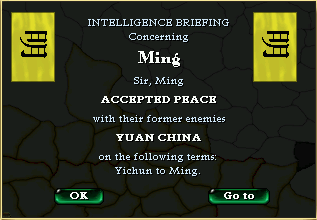
Automobiles, once a luxury of the upper classes, is becoming every man's property, and asphalted roads and autobahns are appearing all across Germany.
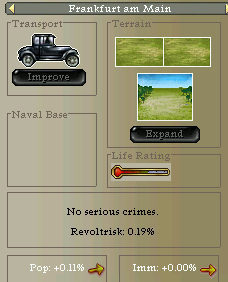
By 1926, the German navy has caught up with that of the three other principal naval powers Iberia, the Union and Mazula, sporting an impressive number of cruisers, destroyers, battlecruisers, dreadnoughts and battleships. A program to scrap or sell the old coal-powered ships is initiated.

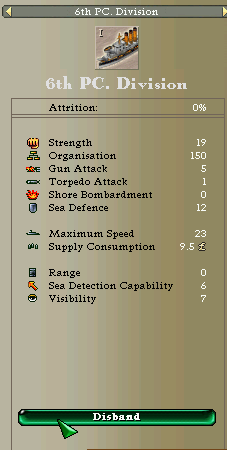
Turkestan, eager to reclaim their honor after recent defeats, invade Georgia and seize its eastern half in 1927.
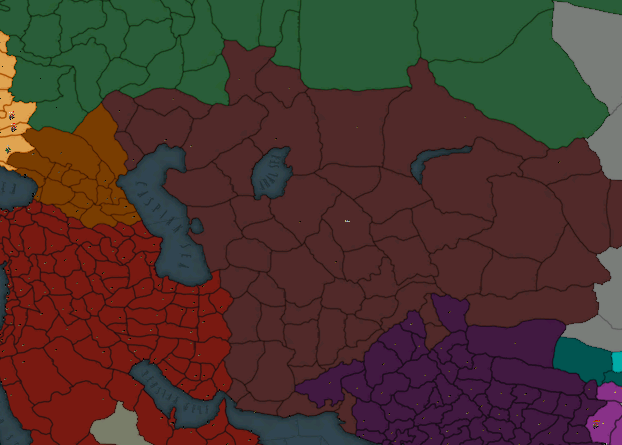
By 1928, the first early scouting aeroplanes have been replaced with new models of durable and powerful fighters and bombers, and work begins to establish a standing German air force.
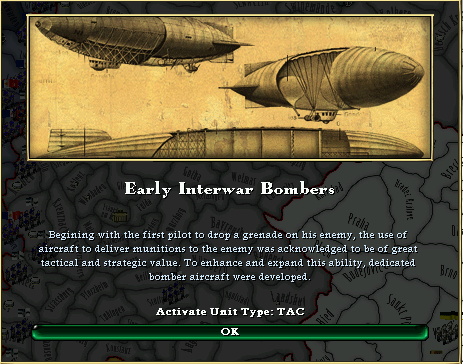
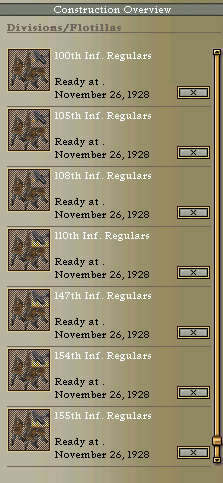
The first German air carrier, the Baden, leaves the shipyards at Schwerin in August of 1928 to much celebration.
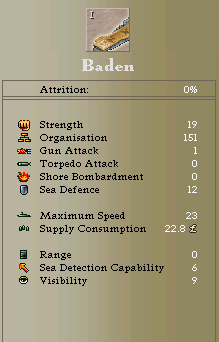
But all is not well in the world's economy. The feverish growth, the loan bubble created by middle class consumers and the weakness of the young regulatory government organs slowly work together to create a perfect storm of economic disaster. On November 5th, 1929, the Bank of Frankfurt announces that it is unable to cover the securities of its loans and savings. What follows is a chain reaction, as more and more banks reveal their lack of liquidity, and the Frankfurt stock market crashes, followed shortly by stock markets all around the world. Citizens rush to recover what money they can from their savings accounts, and as business loans become impossible to take out, private companies fall one by one. In January of 1930, German automaker giant Mercedes-Benz announces layoffs of tens of thousands of workers in München and Stuttgart. It is only the first of many such announcements, as the world enters the dark years known to future historians as the Great Depression.
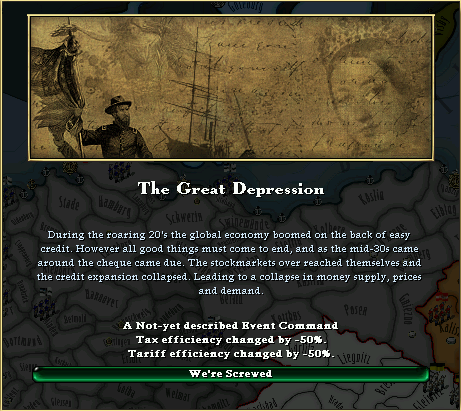
(The not-yet described event command is the income of all POPs being halved. Also note the event says mid-30s when it should be end of the 20s)